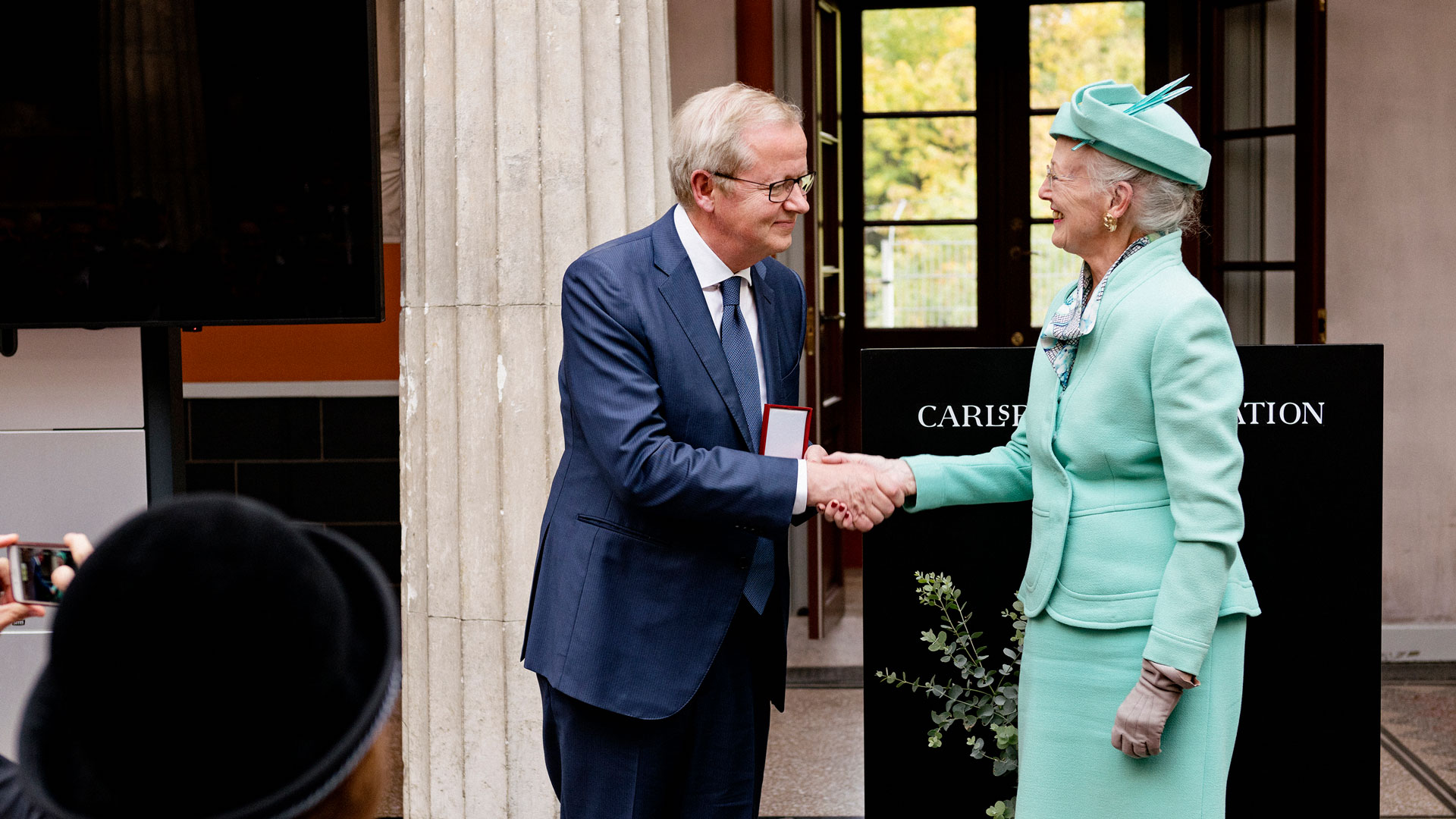World-Renowned Researcher Awarded Hans Christian Ørsted Gold Medal for Outstanding Contributions

Memory lane
Physicist and chemist Jens Kehlet Nørskov is a graduate of Aarhus University, where he also completed his PhD project in theoretical physics in 1979. It was his inspiring PhD supervisor, Bengt Lundqvist, who sparked Jens Kehlet Nørskov’s interest in catalysis.
Catalysis is a process that accelerates a chemical reaction. The substance that makes this possible is called a catalyst. This means that much of the research into catalysis is also about finding the substances that are suitable as catalysts. Catalysis is involved in numerous industrial processes. According to the catalysis company Topsoe, catalysts are involved in 90 per cent of all commercially manufactured products – from fertilizers and furniture to the fuel in our cars.
When Jens Kehlet Nørskov chose the catalysis route, there was no map of the journey.
“Catalysis was a completely new territory. We understood very little at the time. We had mastered the practical process of catalysis, but there were no theoretical methods or any systematic understanding of what defines a good catalyst. So, we had to develop all that, and that’s what I’ve been working on all these years,” says Jens Kehlet Nørskov.
His driving force has always been the desire to build the theoretical foundation for catalysis.
“My biggest revelations have been when I suddenly realize a connection and can use it to build a theoretical framework, which can then explain lots of observations that we couldn’t make sense of before. Catalysis is quite complex, and it’s not a simple task to distill it into something useful that can predict whether the same process can be used in practice,” says Jens Kehlet Nørskov.

